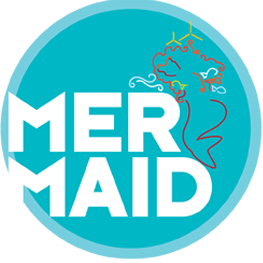

WP2: Assessment of policy, planning and management strategies
Leader: Marian Stuiver, DLO
WP2 aims to put the simultaneous integration of technical, economic, ecological, spatial and societal objectives at the heart of the development of MUPs, by involving all stakeholders in the entire design process, thus integrating ‘hard’ and ‘soft’ design requirements. The basis of participatory design is the notion of incorporating the users and other relevant stakeholders in the design process. The focus is on collaborating with the intended users throughout the design and development process, rather than designing a system for them. Central to this WP is a cyclical, iterative and participatory process of scoping, envisioning and learning through which a shared interpretation of MUPS is developed and applied in an integrated manner. Two principles underlie this approach:
- The principle of non-linear knowledge generation, which means that knowledge is developed in a complex, interactive process of co-production with a range of stakeholders involved.
- The principle of social learning, which means that all one can do in complex and uncertain search processes for sustainable directions with no ready-made solutions at hand, is to experiment and learn from these experiments in a social environment through interaction with other actors

